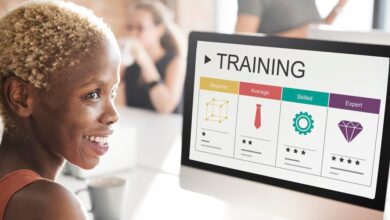How To Remember Everything You Study

When we study, and our minds begin to absorb new information, there is a limited amount of time before that information becomes useless to us. For several reasons, our brains are in a constant process of forgetting. Most of the details that you learn are lost to you within a short time, because your brain only has limited space. And your brain doesn’t actually know how to determine if a detail will be useful to you at a later time… so it just forgets it.
Trying to recall information can be like digging a hole without a proper shovel: Sure, you can implement what you have to make the hole, but the tool you employ is makeshift. Or perhaps you only have your hands.
Here are a few tips to help you remember what you study. While they are not universally ultimate solutions, they would go a long way to be of help to you.

1. Before You Begin Study, Take A Walk.
Before studying, head outside to enjoy the weather for at least twenty minutes. Research has shown that exercising before an exam or a study session will help your memory and brain. Save enough energy for studying so that you do not feel fatigued.
2. Acknowledge How You Learn.
Articles are published every day about how the educational systems of the world are flawed, for various reasons. Perhaps the most fundamental component that is missing from these systems is the process of learning itself: students are not learning how to learn. Facts and figures are thrown at pupils, and they are asked to memorize them by rote. Students are not told about the process of learning and what goes on in that process, how the brain commits information to memory and how to recall it. Each example in this series relates to either the learning process or the ability to recall – incorporate these activities into your own processes to enhance your ability to remember.
3. Write your study notes on flash cards.
The exercise sparks a mind/body memory connection that typing and printing doesn’t replicate as well. Writing is also a longer process that provides adequate time for the information to sink in and stick to your head. Afterwards, gather all the flash cards in a neat stack and shuffle them. A good idea is to attribute a different colour to each school subject. This means that for example, all your English flashcards will be blue, and the ones dedicated to math, red. Put your flashcards into envelopes that you can stick in your notebook.




